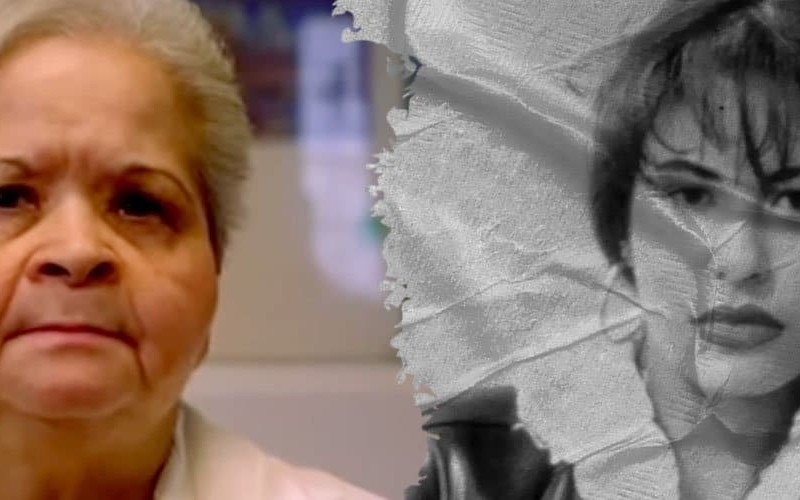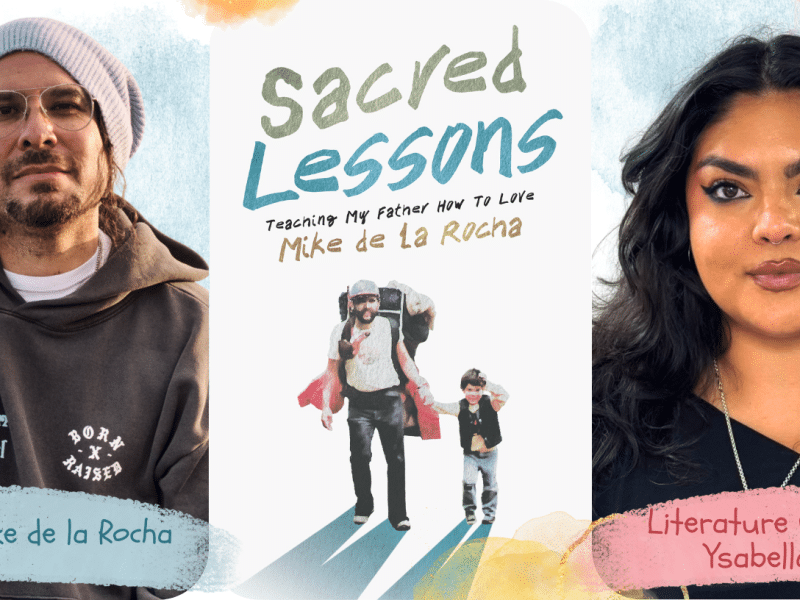Selena Quintanilla’s Convicted Killer Yolanda Saldívar Stars in a New Controversial “Tell All”
Explore the controversy surrounding ‘The Secrets Between Them,’ a true-crime docuseries that brings Yolanda Saldívar’s voice to the forefront, promising to ‘set the story straight’ on the tragic loss of Selena Quintanilla.

Selena Quintanilla is known in the Latino community not only as the “Queen of Tejano Music” and a symbol of Latina empowerment but also as someone whose life was taken far too soon. Her tragic death at the hands of someone she trusted left an indelible mark on Latino culture. To this day, Latinos keep Selena alive through her music, but the singer’s memory has arguably not been left to rest.
At the age of 23 and only two weeks before her 24th birthday in 1995, Selena was fatally shot by Yolanda Saldívar. Saldívar, who started as the president of Selena’s fan club, became her business associate and close friend. However, it was discovered that Saldívar had been embezzling money from the Selena Etc. clothing boutiques she was managing. Two days after the singer confronted her, Saldívar bought a gun at a shooting range, and the rest is history.
For context, parole is granted for reasons like good behavior, rehabilitation or remorse, or low risk of re-offending. Parole allows convicted prisoners to get out of prison and start fresh under supervision. With that in mind, the impression the preview has left on most commentators is that Saldívar and her family are taking advantage of Selena’s legacy to have the best possible chance at parole.
The claims Saldívar is making drives that impression as she states she has been holding onto Selena’s “secrets” and wants people to know the truth now. According to her, part of that truth is that the murder was an accident, which is the same argument she used on trial for her defense.
However, this argument didn’t hold up in Saldívar’s trial in 1995 and it currently doesn’t hold up in the court of public opinion. Among the people slamming the docuseries is Selena’s father, Abraham Quintanilla, who spoke up about it, stating that Saldívar has no credibility in the eyes of the public.
The situation has also sparked a conversation about how exploitative true crime content often is, with many people pointing at the Oxygen docuseries as an example of that. While some claim they will still watch the docuseries out of curiosity, most are discouraging the support of such a project.
The loudest voices in defense of Selena and her memory are coming from the Latino community, but people of all races and from all over the world are expressing how shocked they are that Saldívar was given a platform. Whether the effort will move the needle in Saldívar’s favor when it comes to parole remains to be seen.




